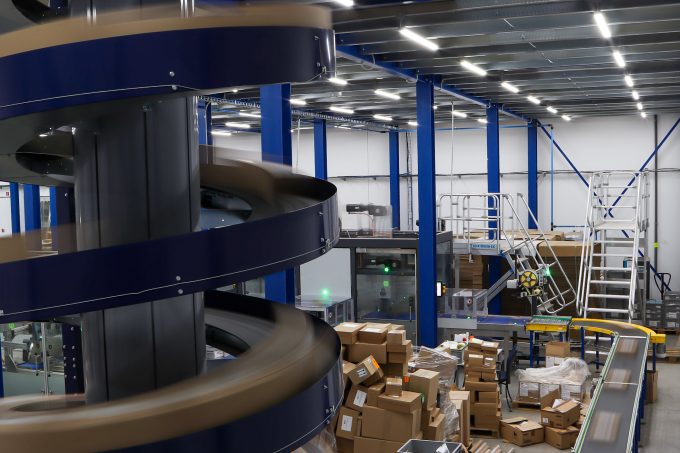Online shopping boom and outsourcing continues to power 3PL growth
E-commerce businesses outsourcing their logistics to fulfilment companies for online shopping has been a source of growth for 3PLs in the past year, even as container trade normalised to pre-Covid levels, according to forwarder representatives.
A spokesperson for Slovakian 3PL Fulfillment by FHB Group told The Loadstar outsourcing had grown particularly in the European market.
“We handle logistics for clothing companies and electronics retailers, for example, from Asia that want to sell their products to Europe, but that is complicated to do from Asia.
“They outsource part of their logistics to us, and we store electronic [goods] and deliver orders. The cross-docking system is used by many e-commerce businesses now.”
Fulfillment by FHB Group’s 2021 revenue was up 42% year on year, to $14.29m.
Alibaba logistics unit Cainiao’s chief strategy officer and GM (South-east Asia and Europe), William Xiong, told The Loadstar the company had grown even as container volumes and freight rates fell by offering tailored supply chain solutions, such as deliveries for fragile goods and expanded doorstep deliveries with free assembly.
In the three months ended 31 December, Cainiao’s revenue went up 27% year on year, to $2.57bn. Mr Xiong added: “The enduring shift towards online shopping has driven a major uplift in demand for logistics services and subsequent business growth.”
Asia Pacific’s e-commerce market is expected to grow at a compound annual growth rate of 10.24% from 2022 to 2027.
Mr Xiong estimates that an annual increase of $630bn in Asia Pacific’s online sales requires approximately 500 new warehouses a year to maintain seamless distribution networks. During Alibaba’s 11.11 Global Shopping Festival last year, peak daily doorstep deliveries exceeded 18 million.
And Japanese forwarding group Nippon Express’s spokesperson said despite the correction in freight rates, the company had handled more containers because of higher e-commerce sales.
“The shipment volume of office equipment such as mobile PCs and related miscellaneous goods grew, thanks to the increase in working from home (mainly from Asia to Europe and the US). To maintain the supply chain, the number of customers (mainly manufacturing industry) who have shifted from direct use [shipping lines] to [NVOCCs] has increased,” he said.
Nippon Express is also developing warehouse and delivery operation systems to support its e-commerce-related customers.
The Fulfillment by FHB Group spokesperson added that he believed e-commerce merchants were unlikely to stop outsourcing fulfilment. He said: “Companies still want to sell in Europe, but they don’t need to worry about distribution while they outsource part of their logistics.”

